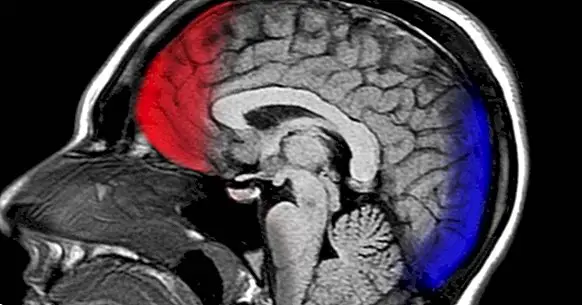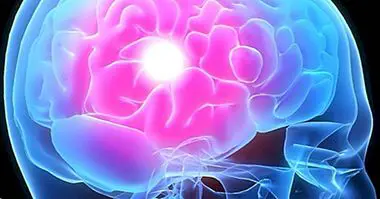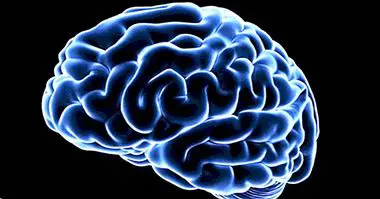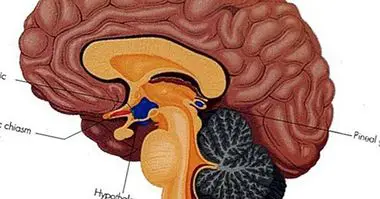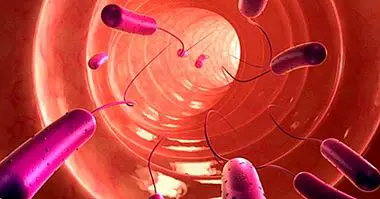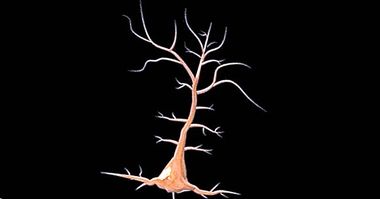How social networks change our brain
As pointed out by Mercedes Sánchez, co-author of the book "El español en la red", the Internet and mobile phones have contributed to people writing more than ever. This democratization of Internet writing is largely due to the emergence of social networks and instant messaging services, which are increasingly part of our day to day.
Just to give an example, the messages sent through the messaging services WhatsApp and Facebook Messenger reach an average of 60,000 million a day. This amount is equivalent to 8 messages per day of average per inhabitant of the earth, although this average will vary according to countries, taking into account the literacy rate and Internet penetration. This fact supposes a giant change in our communication patterns and together with the use of social networks, are affecting how we use language, developing new neuronal connections and changing learning patterns.
Social networks: can they alter our brain?
One of these changes is given by the use of so-called emoticons that adds detractors and defenders in equal parts. On the one hand, it is feared that the use of these "graphic messages" will impoverish written language by using fewer words. However, this is supported by its advocates who see it as an evolution of language, claiming that it is used as a mere support element to express more feelings in less space and time.
And it is that the use of the icons comes given by the boom of the written communication by Internet. This new way of transmitting information has meant that we need elements to replace the gestures or tone of voice that are present in the oral communication.
A new language, a new communication
Positive or negative, the influence of the emojis is a fact, since according to some studies they suggest they have the same effect as that of a real face , causing our brain to translate that non-verbal information into emotions. Thus, the impact of a negative message with "emojis" is less than one without them, which makes it more understandable.
On the other hand, the increasing use of social networks, of which 1and1 makes us a summary of the most used, also involves alterations in our brain. Scientific work has shown that a greater use of these leads to a greater ability to perform several tasks at once and to find information for specific issues. However, analytical capacity is lost to decide the quality of that information and to know if the sources are reliable. In addition, social networks also contribute to a lower concentration and greater difficulty in reading and writing long texts.
Science detects changes in neurotransmitters
Transformations have also been detected in certain neurotransmitters (molecules that carry out the transmission of information from one neuron to another neuron, muscle cell or gland). This could lead to more individualistic and introverted behavior, to a greater need to buy and invest, and to a greater influence of the family and the couple.
Other aspects refer to health itself, as pointed out by different health experts, since the uncontrolled use of social networks can trigger psychiatric disorders as different addictions, besides increasing the probability of suffering inflammatory or auditory diseases.
No doubt the great speed with which new technologies break into almost every field of our lives is transforming our society and ourselves as a race by leaps and bounds. If we go in the right direction or not, time will tell, but if something defines the human being is his insatiable thirst to move forward and evolve, if we reject progress we reject ourselves.

